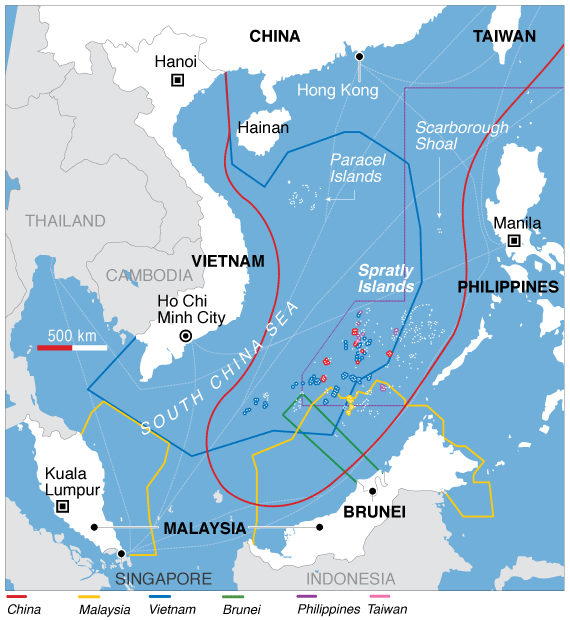Regarding his last sentence, "America’s most important interest today, like Britain’s then, is keeping the peace rather than starting a war", it would be interesting for him to rationalize his construction, America. For some, who might call themselves Americans, it seems that the profits generated by war, either in fact, or in their interpretations, are in their best interests.
I was simply going to delete this comment because it is...whether you intended it that way or not...flame bait.
As it is, I will take a moment and address it.
Of course, you realize, that there are factions in virtually every country on earth about which your comments could be said.
That does not mean it is reflective of the whole country, or of their government.
The real paramount problem come in when it becomes the standing policy of the nation a whole and as reflected by their government...with the support of the population.
That does happen...but generally when it does, the other nations of the world band together and put a stop to it...either through open warfare, or by economic or other means.
That said, such a discussion here is not applicable to the SCS, and it is certainly off topic and verging on violation of SD rules...so let's let that be the end of it.

